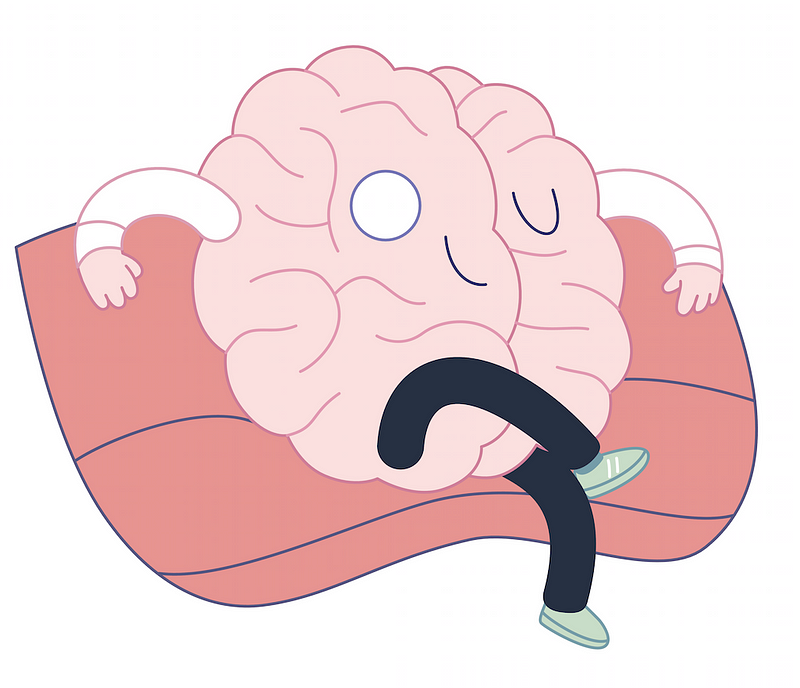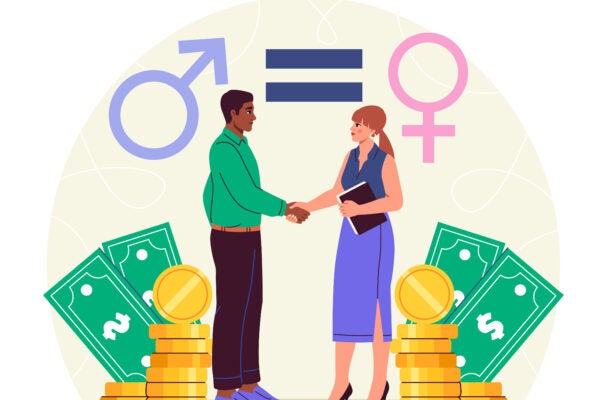Professor Sheds Light on the Ethical Failings of the Human Brain
Why do ‘good people’ do bad things? Robert Prentice explains that when it comes to acting ethically, your ego is not your amigo.

Observers in many disciplines continue to explore the roots of ethical behavior and misbehavior, and recent evidence suggests that what we think of as morality is largely tied to psychology, self-image and the wiring of the human brain.
These human psychology and behavior studies suggest that most people innately believe they are more skilled, ethical, and generous than their colleagues — a tendency that can cause some to venture into murky moral territory.
Professor Robert Prentice, chair of the Business, Government and Society Department at Texas McCombs and founder of Ethics Unwrapped, a free educational series designed to increase understanding of ethical concepts, outlined some of the scientific findings on ethics in the lecture video below.
Prentice, a lawyer who specializes in corporate governance, regulatory oversight, and ethical decision making, said the study of ethical behavior applies to the business community as well as in everyday life.
In a business context, ethical dilemmas may emerge when a person’s self-image is inflated to a point that he or she feels entitled to cut corners.
“Under certain circumstances, we give ourselves license to play a little faster and looser than we normally would,” Prentice said. “And we don’t realize how much the last decision we made can affect the next decisions we make.”
One example of this principle is explored in a study involving two groups of stockbrokers. The first group was asked simply to give investment advice to clients. The second was also asked to give advice, but also to disclose potential conflicts of interest that could influence their recommendations. Researchers found that the second group was more likely to recommend poorly performing stocks than the first, perhaps suggesting that the moral boost from the disclosure made the brokers less motivated to act in their clients’ best interest.
The brain can also shift perspectives of right and wrong, Prentice said, because it has a vested interest in self-preservation. Because the mind deflects self-doubt in favor of a more optimistic outlook, people have a natural tendency to be overconfident.
“We know we haven’t been perfect, but we still want to tell a positive story to ourselves about ourselves,” Prentice said.
About this Post
Share:


